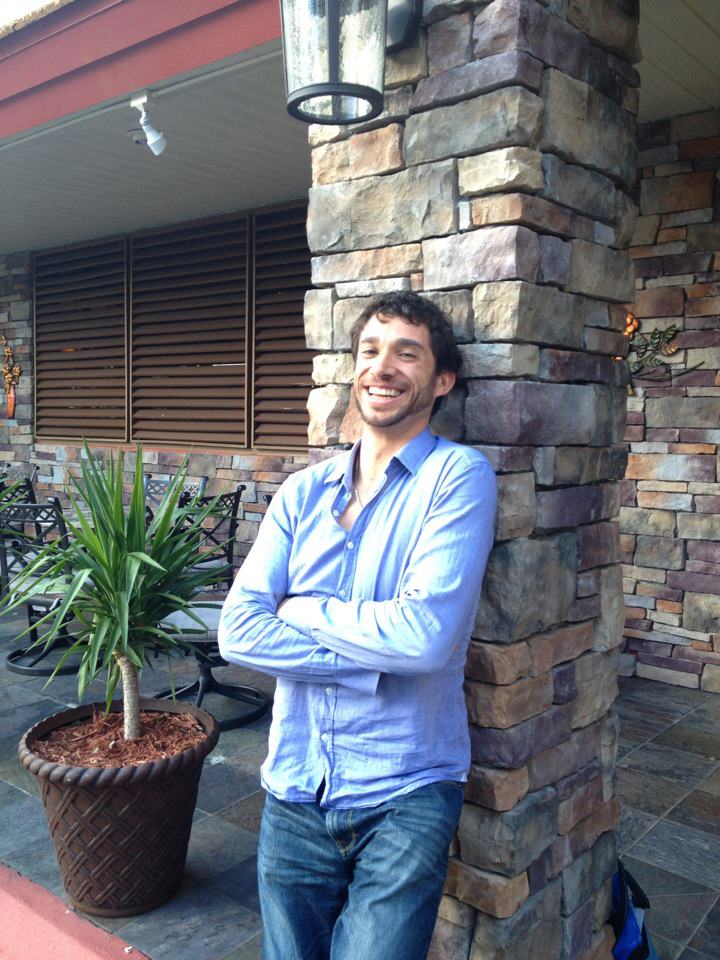The transition from childhood to adulthood can be full of exciting opportunities to have new experiences and shape one’s own unique individuality. However, adulthood can also come with its own set of challenges, including decreased reliance on parents and taking important steps to reach personal life goals. For young adults living with bleeding disorders, additional challenges include self-advocacy for health issues and navigating the complexities of medical expenses and health insurance, while also balancing school, work, relationships, and seeking out new experiences. Joshua Lunior shares his experiences from transitioning to adulthood.
Having hemophilia, I had to depend on my parents to help me more than the average child. Like most children growing up, I still yearned for a feeling of autonomy to prove to my parents I could juggle school, work, and most importantly, my health. My parents helped me learn that I needed to teach people about my hemophilia. I learned at a young age how to advocate for my needs in school, such as requesting to take longer time on tests, communicating with teachers about missing school for doctor’s appointments, and making sure the health staff knew who I was and what I needed from them.
Back in the summer of 2000, I was so excited to go to college. In many ways, it was the best experience because it meant having the independence and freedom that I yearned to have growing up. I wanted to choose when I was going to infuse or whether I padded up my elbows, knees, head, and wrists before going roller-skating with friends. These were not always the easiest or safest decisions, but they were mine.
I loved my autonomy from my parents and felt proud that I knew how to manage my health and take care of important tasks such as ordering my medication. However, navigating my insurance, making sure my premiums were covered, and ensuring medical bills were all paid for, took me longer to master. Because of this, I had feelings of shame when I had to rely on them.
While there were so many positives of being away at college and gaining independence, I also experienced some challenges. College professors weren’t always as lenient with me on school work policies, such as extra time on exams, as my previous teachers had been. This was a big wake up call for me on learning how to advocate for myself. During my fourth year of college, I had a particularly discouraging experience when I had a teacher tell me that I wouldn’t be successful with my goal of becoming a math teacher. This teacher told me that my HIV status would inhibit me in my profession, and that it would only take one parent to cause an uproar and discredit me. It was the first time someone told me that I couldn’t do something, and I hated it. I decided to take a different path and graduated with a degree in inner city development and programming, but I still felt I like I had failed.
Despite my previous challenges, I am still determined. To this day, I push myself hard to be independent and tell myself I am resilient and my hemophilia does not define me. That also means I rarely ask for help from my friends when I need it. What I realize is I need to let my community of friends in the Big Apple be a support, because as my arthritis gets worse and when the pain level is so intolerable, what I want more than anything is for a someone to pick me up, take me home, help nurse me back to health, and be there to distract me from the pain. While I have learned to develop autonomy and live my life very much independently, I realize that it is okay at times to reach out for support from my community.
Joshua Lunior lives in New York City where he participates in HFA’s Blood Brotherhood program at the Hemophilia Association of New York and has lead presentations on empowerment. Joshua has participated on a planning committee for the North American Camping Conference for Hemophilia Organizations (NACCHO), 2007-2010, Adult Fellowship for Integrating Responsible Mentors (AFFIRM), 2008-2010, National Youth Leadership Institute (NYLI) Task Force of the National Hemophilia Foundation, 2003-2007, and has received the Ryan White Award for commitment to HIV community education in May 1995.



